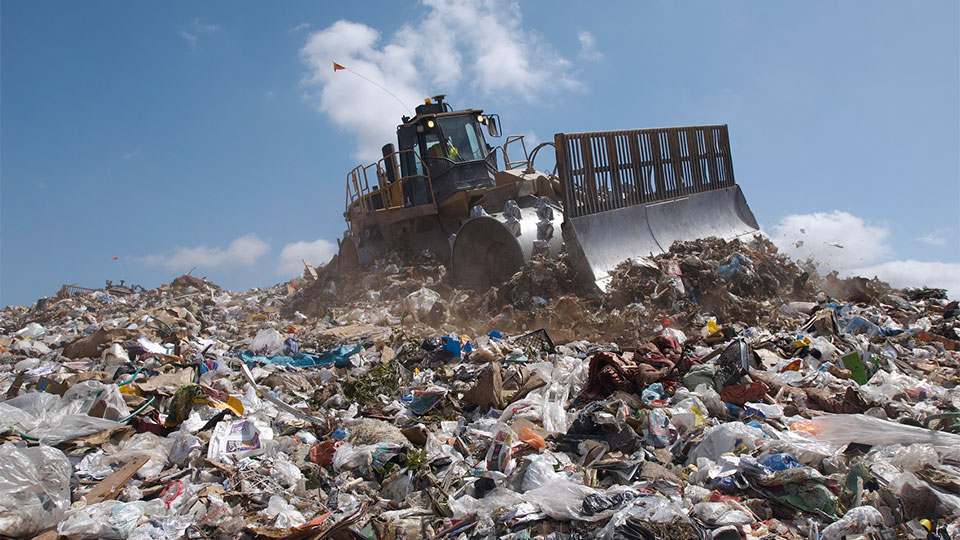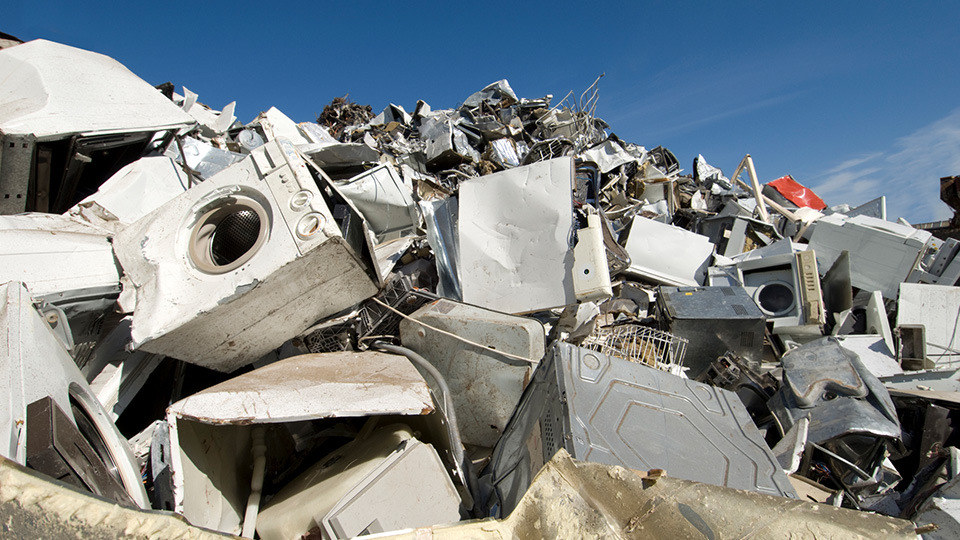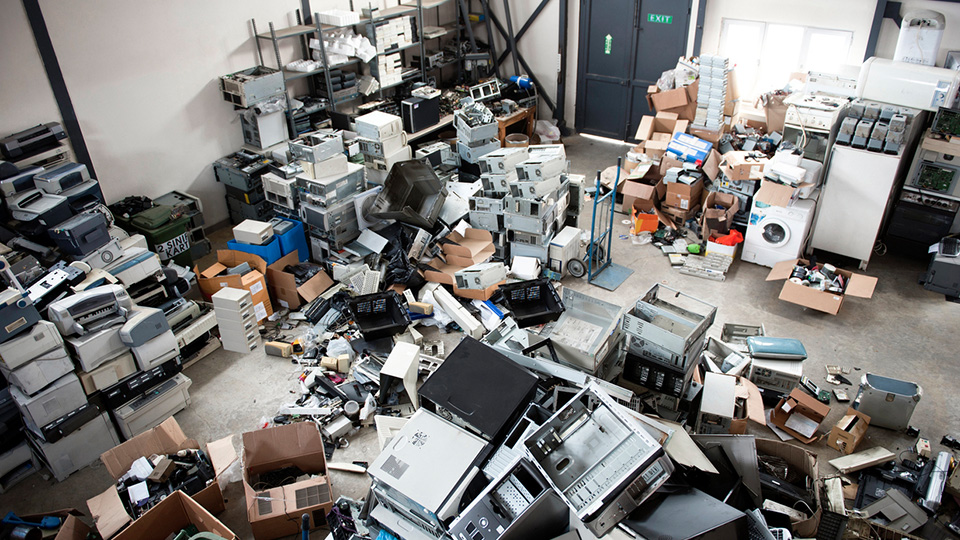An Indian NGO, Toxic Links, has had success in its efforts to tackle mercury pollution from lighting waste.
Presenting a case to the National Green Tribunal (NGT), Toxic Links contended that current treatment, storage and disposal facilities (TSDFs) were not adequately equipped to deal with compact fluorescent lamps and other mercury bearing lighting.
The result is that the NGT has directed the Central Pollution Control Board (CPCB ) to consider the upgrade of TSDFs.
The CPCB must take into account the latest technical inputs and environmental interests and make decisions consistent with the Minamata Convention on Mercury.
The Minamata Convention is a global treaty that aims to “protect human health and the environment from the adverse effects of mercury”.
Toxic Links based its case on clauses in the Indian constitution that relate to protection and improvement of the environment and the improvement of public health.
It argued that the constitution was being breached because strict standards for the disposal of mercury in fluorescent lamps were not currently being followed, resulting in environmental pollution and public exposure to a highly toxic compound.
Ecocycle is pleased to see progress being made to reduce mercury pollution in the world’s second most populous country.
If metallic mercury is converted into the more toxic and volatile form of methylmercury it can enter the atmosphere and be distributed around the world.
While the toxic effects of mercury are greatest close to the site of pollution, mercury pollution is a global problem.





